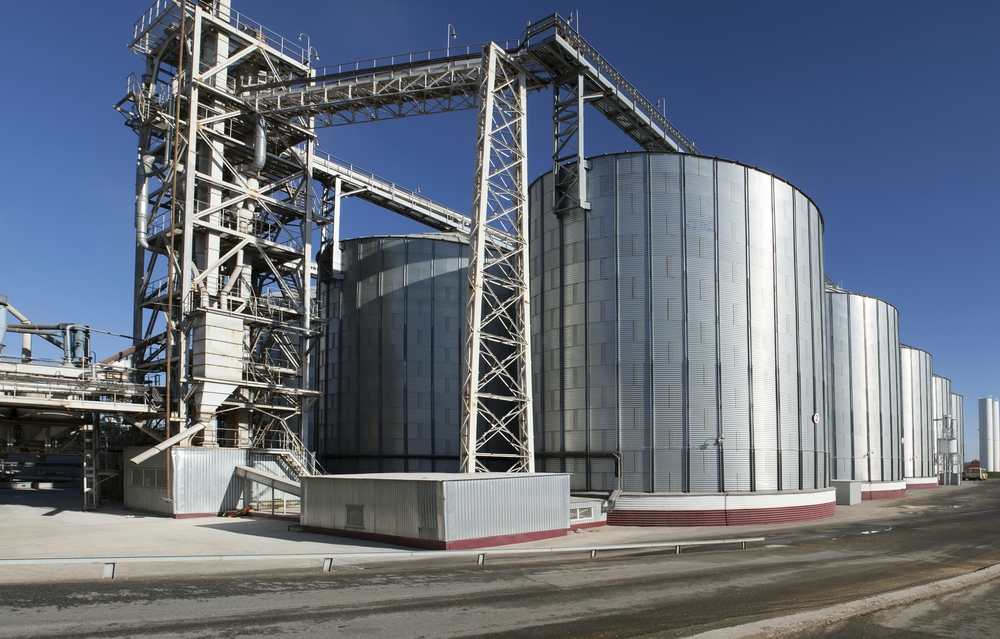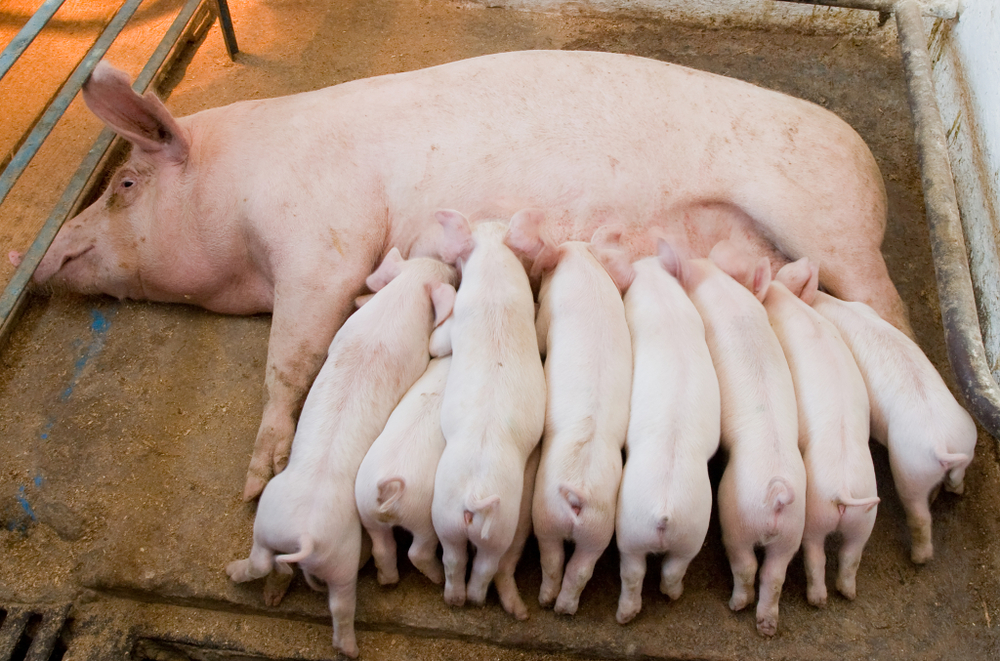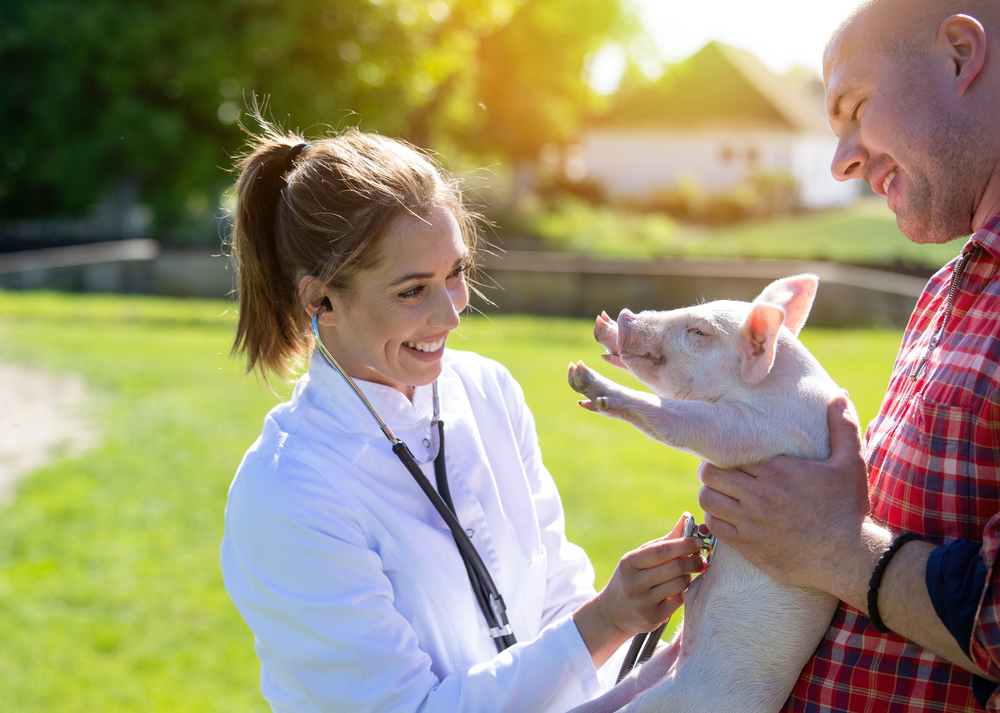

Source: SwineTech
The pork industry is a fixture of American nutrition, agriculture, and economics. Its existence as a means of getting protein to the modern consumer is crucial, and while its product might seem straightforward, the process of development that’s made it into the pillar it is today hasn’t been simple. However, thanks to the innovators that entered the industry in decades past and are now leading it, America enjoys pork produced more efficiently than ever. Wendell H. Murphy, CEO of Murphy Family Farms, Inc.®, tells the story of his business, and producers today can learn from his example.
Founding Feed
Murphy began his life on his family’s farm in North Carolina, and by the time he got to college, he knew he wanted to work in agriculture. What he wanted to do specifically, however, remained more elusive, since his family’s farm wasn’t large enough to support him and the new family he would someday have. After graduation, he had a handful of job offers on the table, one of which wanted him to move all the way to Brazil and another that offered him a position teaching vocational agriculture at home. Murphy says he knew “that teaching was not what I wanted to do for my career, but it was at least a place to get started.” That would be how Murphy began in education, but in 1961, while traveling through rural North Carolina, a friend and fellow teacher of Murphy’s pointed out a custom grind and mix feed mill that they passed. “It was like a lightbulb went off in my head. That’s exactly what I wanted to do.”


Murphy thus entered the feed mill industry in the 60s, but starting wasn’t easy. The minimum start-up cost for the type of mill he wanted came to around $13,000. Murphy and his wife had $3,000 saved, but the other $10,000, roughly equivalent to $100,000 today, had to come from a loan. Murphy decided to ask his father to be his co-signer, but after living through the Great Depression and seeing so many lose everything, Murphy said “borrowing was not in [my father’s] vocabulary.” It thus took time for Murphy to convince his father of his plan, but he eventually agreed, with a caveat. He told Murphy to “…keep on teaching, doing your job, and you will make the payments on that note out of your salary, so that no money will have to come from the business to be applied to repay the note.”
His father drove a hard bargain, but when Murphy agreed, the seeds of what would become Murphy Family Farms took root.
Molding Murphy Family Farms
Murphy Family Farms started as a feed mill, but its operations took off quickly. With their relatively low start-up costs, they began selling feed to neighboring farms, including materials that had previously been labeled waste products. “I know of at least one mill that spent more building an incinerator burning that stuff than I did on the whole mill!” Murphy exclaims. By utilizing as much of the corn plant as possible, business became “far better than anything…I thought it might be.” However, when combines began showing up in his community, “the writing was on the wall” for the future of mills like his. Murphy started transitioning to a business model with a better prognosis by buying feeder pigs. Once he’d introduced livestock to his facilities though, Murphy saw that he was making more off of feeding his animals than selling feed to others. As a result, when Murphy reached the capacity of his mill, he stopped producing for others and focused on his own pigs.


For several years, Murphy Family Farms fixed its efforts on buying pigs from all over the country, but when supply ran dry, Murphy concluded that he would need to start farming sows to maintain growth. Alongside the transition from outdoor to more efficient indoor facilities, Murphy’s first indoor finishing facility went up in ‘79. However, what truly allowed Murphy Family Farms to expand rapidly in the 90s was contracting other farms, and Murphy says his ability to do so came from changing pre-existing systems to support his work. While he began by putting 200 pigs on family farms so that the family wouldn’t have to hire outside workers, he realized that the larger the farm, the more efficient it was. The head count on those family farms turned to 300, then 500, and even though family farms did eventually have to bring on extra laborers, their operations were more streamlined than they were with smaller herds. “Every time we expanded the size of the herd, efficiencies improved,” Murphy explains, and he eventually increased his average herd size to 3,600 sows to a farm. “It was mind-blowing,” Murphy admits, and his growth would only continue from there.
Picking the Right People
Despite the success he’s had in the industry, Murphy insists that his true gift with business is his knack for hiring a good team. “To have an understanding of what their mindset was and what they could do and how that could help us? I think, in hindsight, that’s what I did better than anything else…I had people around me that were smarter than I was and that wanted to work and had the same goals that I had in mind,” Murphy says. He continues to mention that, as a leader, “I’ve never had very many real good original ideas, but I think I’ve been pretty good at recognizing when somebody else has good ideas so we can use that.”


Moreover, this talent for working with others doesn’t just apply to his own people. Instead of encouraging competition, as Murphy’s facilities grew, he realized that working alongside other businesses in the industry was more profitable than conspiring against them. Murphy Family Farms chose to cooperate with Carroll Foods®, Prestage Farms®, and Goldsboro Milling Companies®. Murphy describes their partnership, saying “We worked together. If we could do something to help the other guys, we would. If they could help us, they would…we came up with the idea of …a purchasing co-op that we put together to give us purchasing power.” This idea, revolutionary for its time, was initially rejected by some in the industry, but they eventually changed their tune when they saw Murphy’s results. As put by SwineTech, Inc.® CEO and Popular Pig® host Matthew Rooda, “Collaboration in itself is the greatest mindset needed to innovate.”
Entering the pork industry has not always been simple, and navigating one’s way through decades past certainly hasn’t been either. However, by staying true to his roots as an honest farmer looking to build on and from relationships with others, Murphy has created a place for himself and his business that stands strong today as a part of Smithfield Foods®.
By Isabella Rivera





